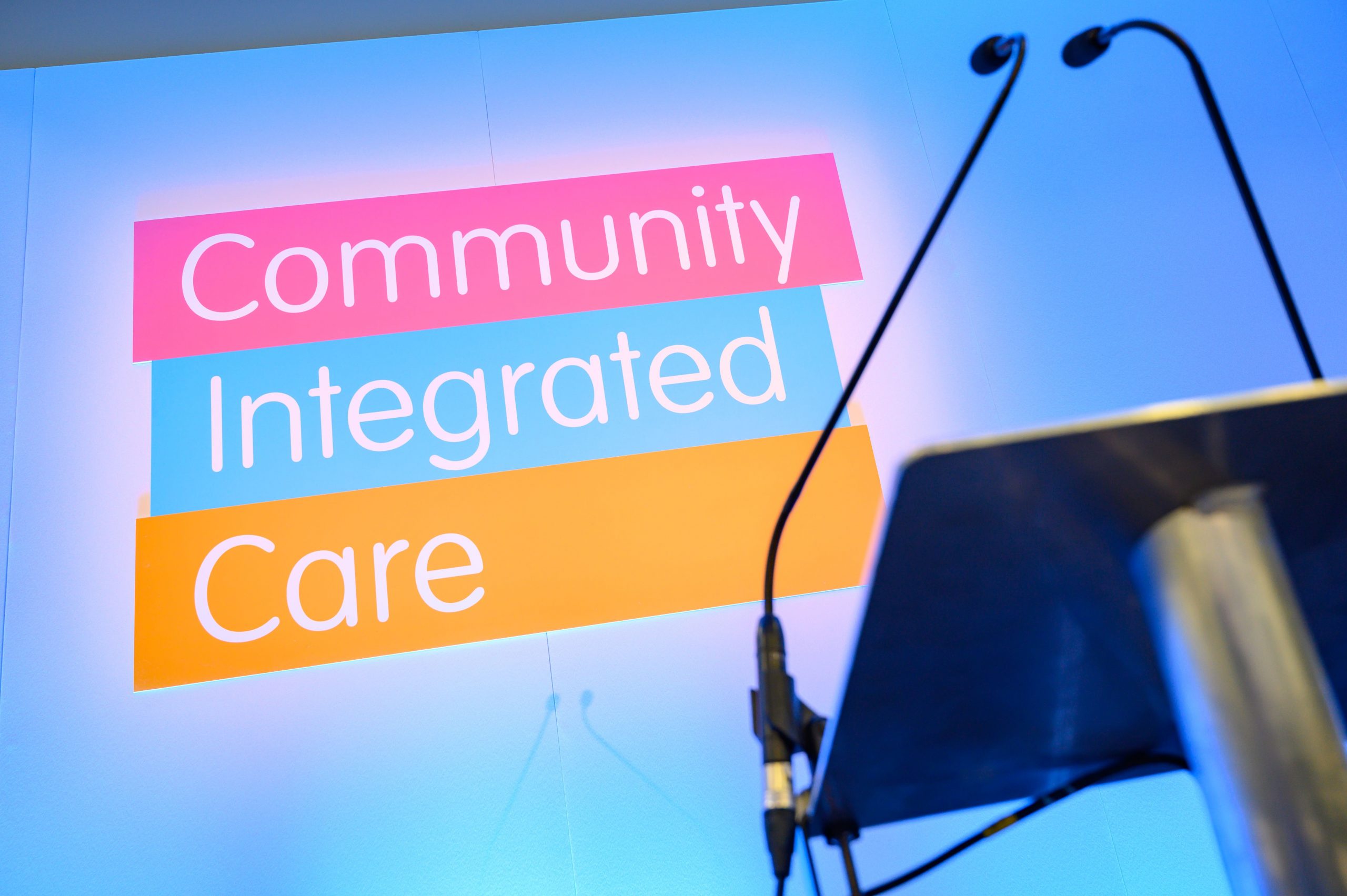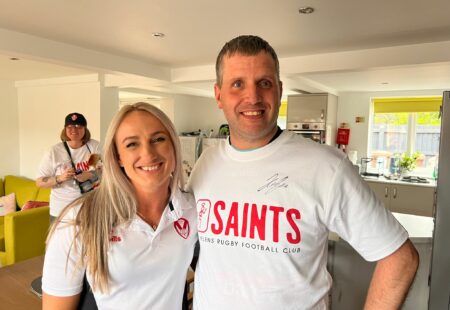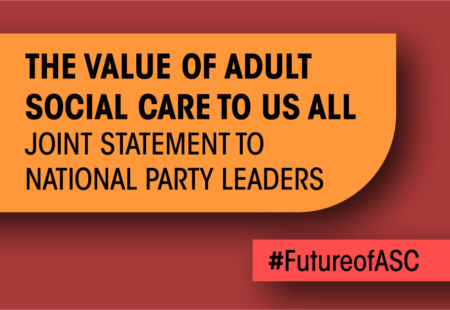
News
29/05/2020
Our CEO featured in The Sunday People
On Sunday 24th May, Community Integrated Care’s Chief Executive Officer Mark Adams wrote a piece which featured in The Sunday People, you can read the full write up below.
It’s hard to describe how surreal it is to be at the heart of a crisis and then turn on your TV to hear the assuring voices of government present a utopian picture to the nation.
The 5pm briefing has become a daily ritual for those in social care, as we watch in disbelief as our Ministers make statements that would make Donald Trump blush. Our jaws drop at their false promises and revisions of history, as they attempt to throw off public scrutiny with soundbites. And whilst this sideshow goes on, the people who face the consequences are the 1.6 million heroes working on the frontlines in social care.
To be blunt, on every level, our political leaders have failed those who are the last line of defence for our most vulnerable.
This weekend, Matt Hancock described how a ‘protective ring was thrown around care homes’. The list of supposed accomplishments was staggering – effective monitoring of Covid, excellent guidance, financial support for providers, comprehensive testing for staff and residents. Crisis? What crisis?!
The reality? The sector fought for care home deaths to be recognised. Providers like our charity are spending every penny possible to keep people safe but receiving little back – in our case £2.5m spend, with less than 10% of that returned. We’ve bought 90% of our PPE and face a persistent lack of testing. Guidance has been incomplete and contradictory. Many care homes have experienced a staggering lack of clinical support.
Whilst things are tough for providers, let’s remember the care workers at the heart of this. For people with the exceptional empathy and talent to care to be the lowest earners in society is appalling. To have these individuals going into work, risking themselves in the face of Covid-19 with only basic sickness cover is a national disgrace. This is something that providers cannot change – it is a brutal reality of our funding.
These failures can be traced much further back than the moment Coronavirus hit these shores.

One factor in this mess is that whilst the NHS is a central government responsibility, social care is a patchwork quilt overseen by 408 local authorities. This lack of ‘hands-on’ connection means that government thinking around social care is often tragically ill-informed. It also creates the political wriggle-room for politicians to kick today’s problems into tomorrow.
For a sector that entered this crisis at breaking point, these problems cannot be ignored any longer. It’s time for central government to step up. It is our sector that enables people to live with dignity, offers comfort to families and keeps society going, so we cannot see it fail.
Matt Hancock needs to do more than wear a ‘Care Badge’. We need action, not gestures. This uncoordinated army needs a central body that drives innovation, standards and efficiency, working with regulators, providers and local authorities.
One obvious start is to create the equivalent of NHS England to oversee, plan and budget for social care.
Local authorities cannot make ends meet after a decade of austerity. They are managing organisations as varied as national charities, large companies and small family businesses, all with different styles and standards. This mix of a fragmented market and lack of financial clout is a recipe for disaster.
Yes, we have regulators like QCC and the Care Inspectorate, but they don’t set policy, funding levels or drive innovation. We need to fill this void. This is a national problem that can only be fixed at a national level.
1948 produced our National Health Service, as the country recovered from WWII. Could a silver lining of this crisis be a new chapter for social care?









